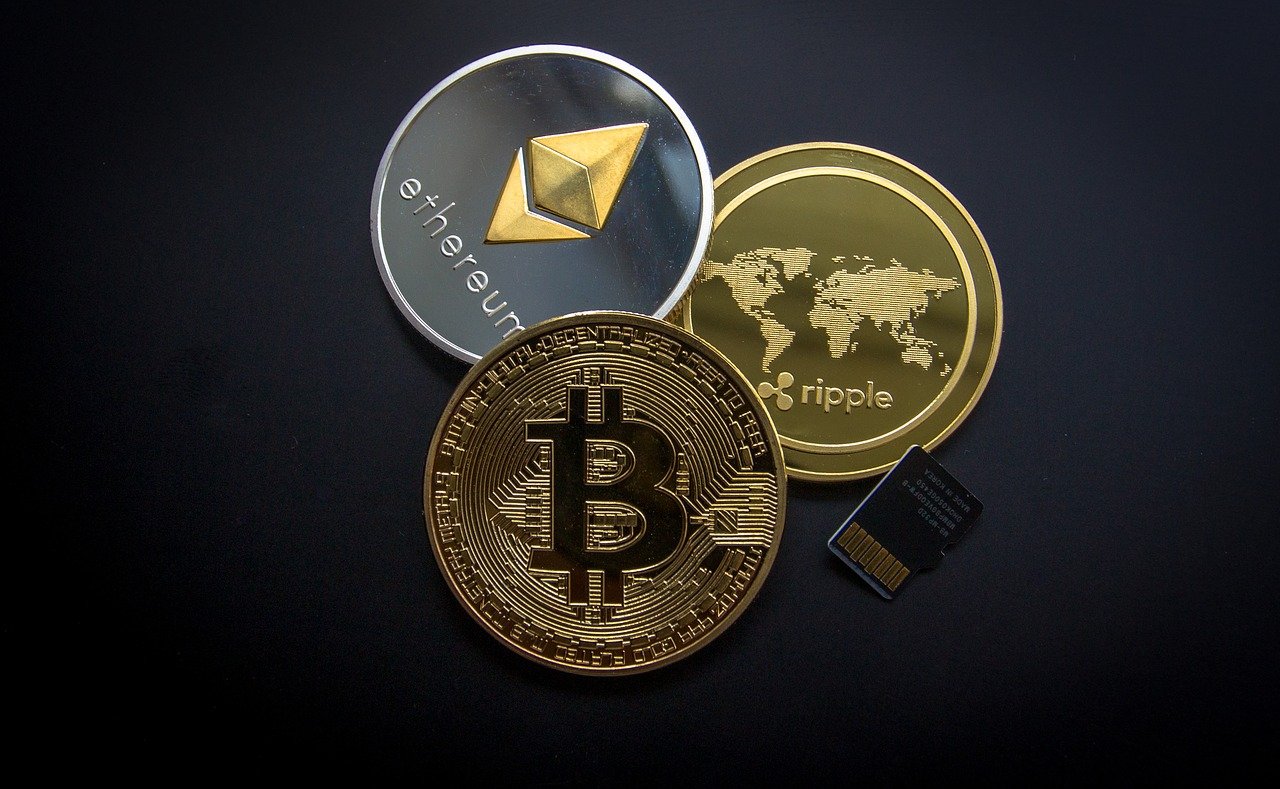Cryptocurrency has received a great deal of media attention in recent months, and more people than ever before are considering investing in it. While some cryptocurrencies have proven to be a great investment, they are still largely speculative and thus come with significant risk—along with the potential for reward.
Before getting involved with a cryptocurrency investment, it is important to understand the risk and ensure that you are as protected as you need to be. Even experienced investors may not understand the unique aspects of cryptocurrency and must do their due diligence before making a serious purchase. Some key points to keep in mind before investing in cryptocurrency include the following:
1. Avoid unit bias.
One of the most confusing things about cryptocurrency is how to compare the different units available. A coin trading at a dollar is not necessarily “cheaper” than Bitcoin, which is now at nearly $60,000 per coin. This is because not all these currencies are created equal.
Of the thousands of options, some try to emulate more popular options like Bitcoin, while others have a different goal entirely. Furthermore, each crypto has different levels of decentralization and developer support. These differences are why it is so important to do your research before investing. Codebase (the body of source code for a program) for cryptocurrency requires maintenance, and neglect can put a specific currency at risk, so it is critical to know who is working on it and how big the developer community is. You must also think about the various security models of the coin.
2. Learn the language.
Cryptocurrency largely has its own language, and you need to understand the terms involved to know exactly what you are getting before you make a purchase. For example, when it comes to security, most coins have a proof of work or proof of stake model, and you should understand the difference between the two.
These two different approaches avoid the issue of double spending, which means once the digital currency gets transferred, it cannot be used again. Understanding what your cryptocurrency uses may become important in the future as one system gains favor over the other. Whenever you encounter a term you do not understand, it is important to read about it until you do. Investing before understanding cryptocurrency is a recipe for disaster, especially as more options enter the market with different goals.
3. Be prepared to lose.
Investing in cryptocurrency is extremely risky, and its volatility shocks even seasoned investors. Furthermore, cryptocurrency is largely unregulated, which means you do not have the usual FDIC protections. The market is currently on an up, but it will almost certainly come down again.
You can mitigate risk by making informed decisions, but there is still a considerable chance that you lose the entire investment. Even Bitcoin, which has been around for more than a decade and has little chance of disappearing, comes with considerable risk. The bottom line: Do not invest more money in cryptocurrency than you feel comfortable losing.
Also, think about cryptocurrency in the context of your whole investment portfolio. If you have a lot of risky investments, you could adjust your portfolio to be more conservative before purchasing cryptocurrency.
4. Resist the pressure to buy.
A lot of the current buzz about cryptocurrency is driven by a fear of missing out, or FOMO. If you are only investing because you are afraid you will miss out on a good opportunity, then you are not doing it for the right reason. FOMO is a gut reaction, but cryptocurrency requires a significant amount of research beforehand. If you go by your gut reaction, you will likely lose your investment. Even if you see that an investment is suddenly up by 30 percent, avoid buying until you have done your research. Peer pressure exists even in the investing world.
Also, it is important to keep in mind that if something sounds too good to be true, then it probably is. Investments driven by a “good deal” often end in disaster. This is especially true for cryptocurrency given that some of the exchanges offer more than 100 times leverage, which means you could potentially borrow up to 99 percent of the cost of purchasing it.
5. Verify everything first.
The cryptocurrency market is full of scammers. After Elon Musk appeared on Saturday Night Live and talked about cryptocurrency, scammers defrauded people out of more than $100,000 on Twitter with a bogus giveaway. The scammers did this by impersonating the show’s Twitter account and asking people to send a small amount of cryptocurrency to get 10 times that amount back for free. This claim falls into the category of “too good to be true.”
With a little bit of legwork, it would have been easy to see that these scammers were not legitimate. You should learn some of the telltale signs of a scam and then verify everything you do before sending any sort of payment. This step is especially important given the lack of regulation that exists in this market, which is why scammers have become so common.

